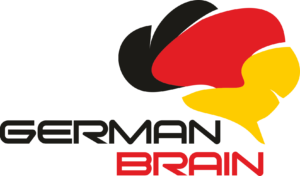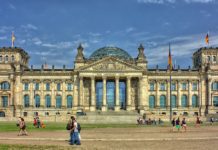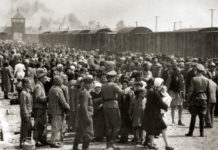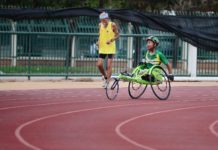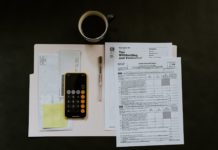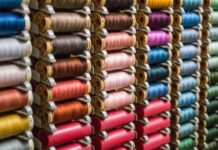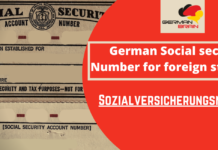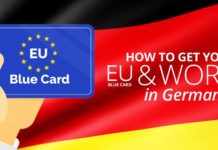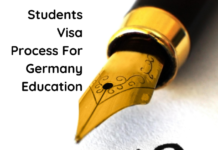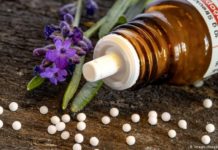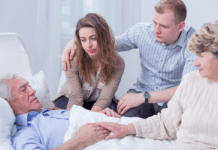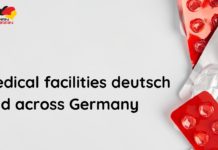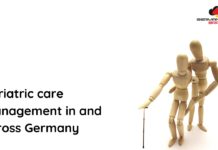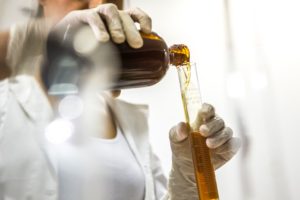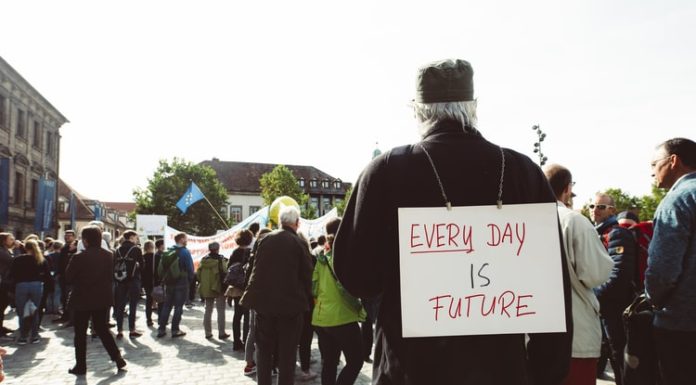
Did you know that the globules (white tiny balls comprised of sugar) used as absorbent pills to administer homeopathy or the globuili in the German language is one of the revolutionary inventions of the Deutschland? It is an age-old practice, let’s say a 200-year-old practice that has been originally developed by a German physician named Samuel Hahnemann.
Homeopathy in the current day scenario Although it has gained popularity as an alternative remedy to cure ailments in the 19th century, there is a predominance of it even today in Germany. This practice is ubiquitous in Germany and is offered as an alternative to mainstream medicine without any side effects. However, due to rampant changes in the field of medicine and the “effective efficient” phenomenon, homeopathy is not so high on the rungs of the medical ladder as much as allopathic medicines are preferred in Germany.
FACT CHECK: In 2014, 60% of the German population reported to have attempted homeopathy.
The country’s homeopathic drug market is worth around 750 million$ and 650 million euros, with consumers paying largely out of their pockets.Consultation fees account for hundreds of millions more Reliance upon Homeopathy is common throughout Europe, especially in Hahnehamm’s native, the doctors prescribe homeopathic treatments and the costs incurred are covered by the government. 70% of Germany’s medical plans include homeopathy and these medicines are ubiquitous in every pharmacy.
Bach Flower remedies and their parallel principles to homeopathy and German adaptation to them:
Considered as “the second Hahnemann”, Dr Edward Bach developed seven homeopathic nosodes after suffering from bouts of illness. This work bought him extensive fame in the homeopathic circles. These medicines are administered on patients with psychological illnesses exclusively but harness wellbeing in all the dimensions- spiritual, emotional and physical wellbeing. These medicines are given to the patients along with their homeopathic dosages given by their orthodox homeopathic practitioners. As there’s no much awareness about it in Germany, it is confined to the homeopathic practitioners and is administered according to their protocol based on the illness. It is only confined to Dr Edward Bach being compared and referred to as the infamous German Dr Samuel Hanhemann.
Acupuncture in Germany:
It is the most prominent mode of heterodox treatments in the German healthcare system. This is a medical speciality in which the physician tailors his practice according to the individual’s perceived demands, thus establishing a passive, rather than an active form of consumerism, involving ideas that correspond to classical modernity. However, to appease the critics and to prove the placebo effects upon ailments in an empirical manner, was arduous since the approach of acupuncture is abstract in itself. German Federal Joint Committee has assured in 2006 after the acupuncture trials in 2006, that it would reimburse the costs incurred for the treatment of lower back pain and knee pain. By 2012, acupuncture was given a full-fledged scope as an alternative medicine for practice into the German healthcare system.
FACT CHECK: In 2001, a series of acupuncture trials were funded by the statutory health insurance companies of Germany known as the GERAC STUDIEN, as a result of the dispute that aroused supporting the usefulness of acupuncture.

